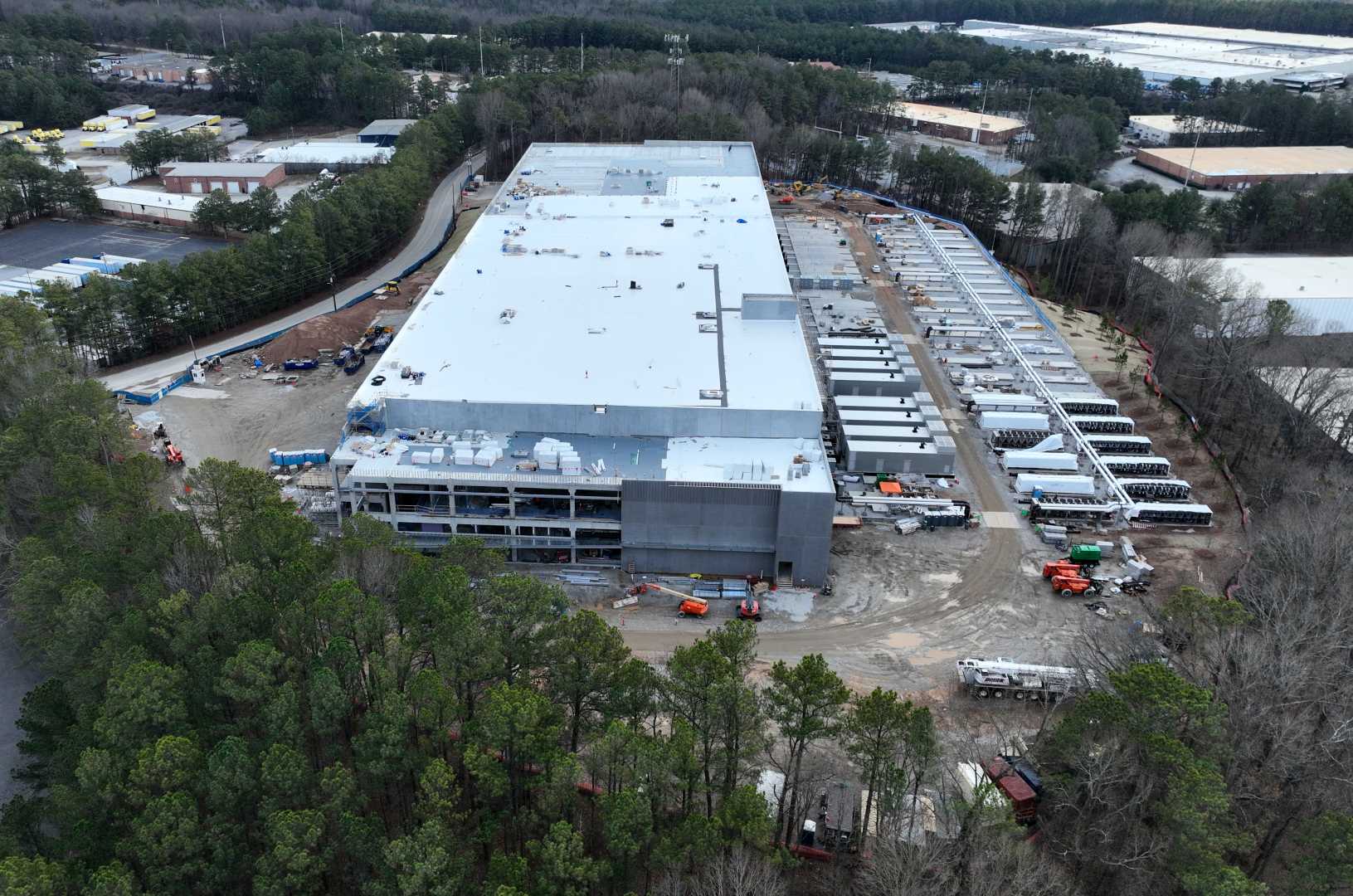Business
Georgia Power Plans Historic Expansion to Supply Data Centers

ATLANTA, Ga. — Georgia Power announced plans for a significant expansion of its energy generation fleet, proposing new gas-burning units, extensive battery storage systems, and additional solar projects. The expansion aims to meet the increasing energy demands from the growing number of data centers across the state.
The utility disclosed its plans in a filing with the Georgia Public Service Commission. The proposed measures are designed to enhance the reliability and resilience of Georgia’s energy supply while also promising long-term value for residential customers.
“The diverse mix of resources we have proposed will help us meet the needs of a growing Georgia with reliable energy,” said Rick Anderson, Senior Vice President of Georgia Power. The request includes plans to spend approximately $15 billion to introduce around 8,000 megawatts of power from 2028 to 2031.
Georgia Power intends to build new gas-fired units at several existing plants, including Plant Bowen near Cartersville and Plant Wansley outside Newnan. The company is also seeking to establish battery storage capacity at nine locations across the state and pair solar arrays with battery systems at two sites.
Beyond the initial proposal, Georgia Power has identified an additional 2,000 megawatts of power resources needed as early as winter 2027. This portion of the plan includes more battery storage and power generated from existing gas plants.
Environmentalists have expressed concerns regarding the heavy reliance on gas-fired units. Critics like Jennifer Whitfield from the Southern Environmental Law Center argue that investments in fossil fuels could result in unstable energy bills for consumers. “If methane gas prices spike, customers will get pummeled with bill spikes, again,” she said.
An analysis by the Atlanta Journal-Constitution revealed that approximately 58% of the new power sources would be gas-fired, raising alarms about the environmental impact of such investments.
Despite the concerns, Georgia Power highlights that its approach has undergone a competitive bidding process overseen by independent evaluators. Still, an assessment shows that nearly 80% of proposed additions will be controlled by the utility or its parent company, Southern Company.
The Georgia Public Service Commission will decide on the application after a series of hearings, with any potential vote expected after the upcoming elections for two commission seats.
The final costs of the expansion for non-data center customers remain unclear, with the utility asserting that data centers will carry a fair share of the costs. However, the full extent of rate increases for residential clients may not be evident until 2028.












